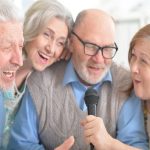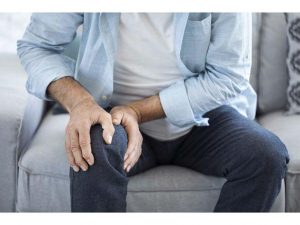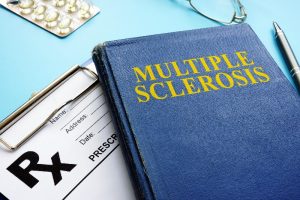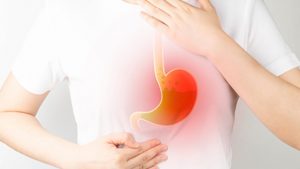
Generous parental leave policies at work can do wonders for a new mom’s mental health. This is among the key messages from a new review of 45 studies examining how parental leave policies affect mom and dad’s mental health and well-being. Mothers working for companies with generous parental leave policies were less likely to experience symptoms of depression, poor mental health, psychological distress, burnout, or to require mental health care. The more generous the policy, the greater and more long-lasting the benefits, the new Swedish study showed. “Parental leave was protective against poorer maternal mental health including depressive symptoms, general mental health, psychological distress and burnout; however, improved mental health among mothers was associated with more generous parental leave policies [such as] those with longer length of leave or paid leave,” said study author Amy Heshmati. She is a doctoral student in the department of global public health at Karolinska Institute in Stockholm. The findings on dads were less conclusive, but there haven’t been as many studies done on the benefits of father’s paid leave and mental health yet, she noted. Almost all countries in the Organization for Economic Co-operation and Development (OECD) — except the United States — provide new mothers with at least 14 weeks of paid leave around childbirth. New mothers can take up to nine months of paid maternity leave in… read on > read on >





































